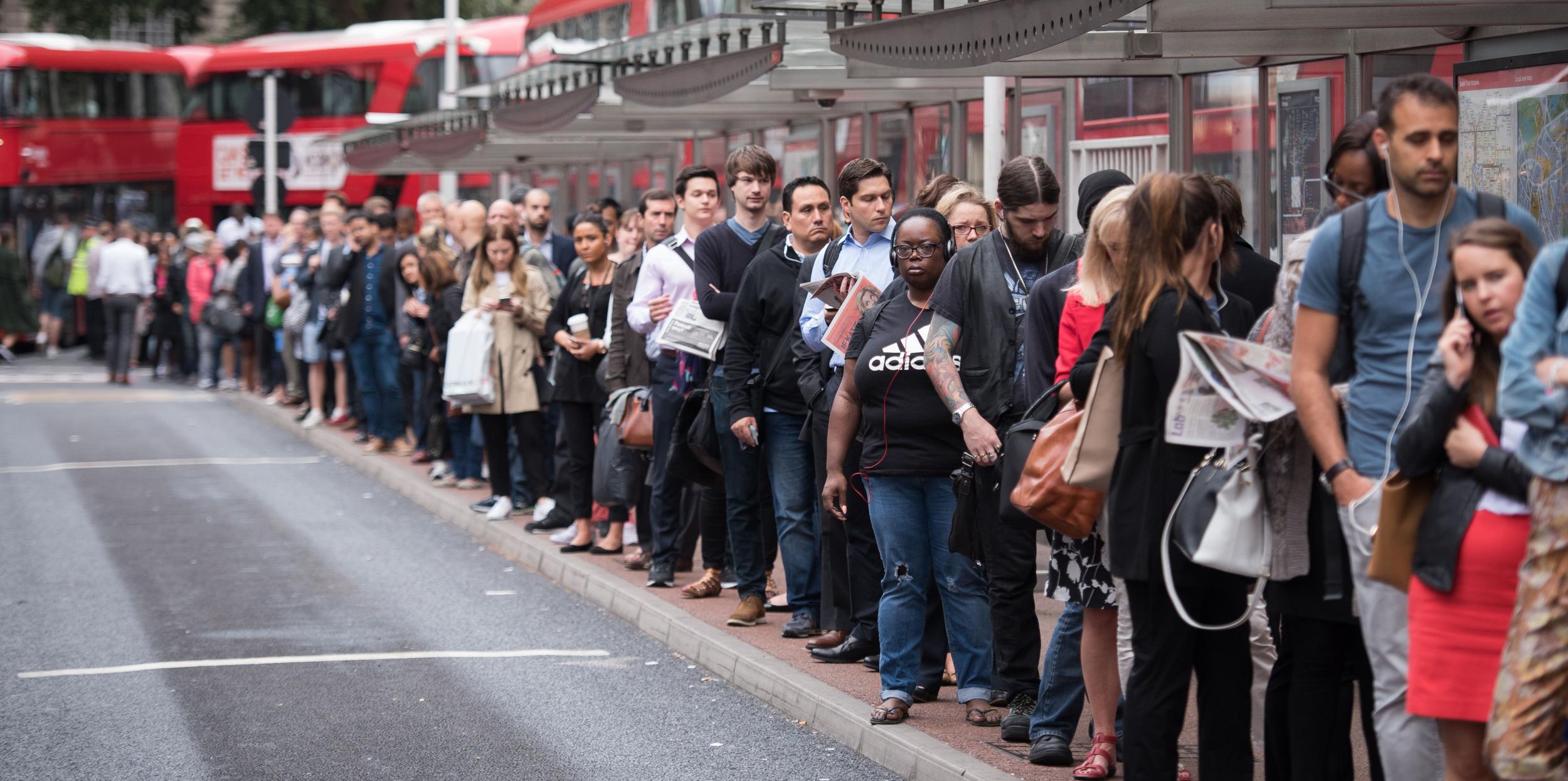4 tips on how to choose the quickest queue
You thought you were an expert in Britain's national pastime? Think again...

Few things in life are more likely to anger a Brit than ignoring a queue and walking straight towards the counter. Even during the London riots one group of looters formed an orderly queue in broad daylight to steal from a sports shop.
But our love of waiting patiently hasn't always been ingrained in our psyche, according to a new book Why Does the Other Line Always Move Faster?.
“The myth that the British are willing, patient, and ever eager to stand in line dates to the Second World War propaganda during a time of shortages and rationing," the book's author, David Andrews, tells the Sunday Times.
Andrews also answers the age-old mystery: why do other queues always seem faster than yours?
He explains that we only notice how fast other queues are moving when ours is moving slowly. He says we experience time differently while waiting than if we are engaged in a process: if you’re lucky enough to be in the quickest line, you do not notice because you are focused instead on unloading the trolley and paying.
Andrews also gives four tips on how to choose the best queue:
Men are you friends
Pick a queue that is mostly men as they are less patient than women and more likely to give up
Veer to the left
Most people are right-handed so we have a natural inclination to turn right. Do the opposite; queues on the left may be emptier
Avoid the express lane
What dictates speed is the number of people in front of you, not the number of items they are buying
Cash is king
Select a cash-only queue as studies show cash is quickest
He writes: “Our minds are rigged against us. Regardless of time actually spent, the slowest line will always be the one you are in standing in.”
Andrews’s interest in queuing stems from his childhood experience in the Romanian capital of Bucharest, where queuing for basic food was a way of life. “There were long lines for everything – milk, eggs, gasoline…You always carried around a bag just in case there was something for sale.”
Subscribe to Independent Premium to bookmark this article
Want to bookmark your favourite articles and stories to read or reference later? Start your Independent Premium subscription today.

Join our commenting forum
Join thought-provoking conversations, follow other Independent readers and see their replies